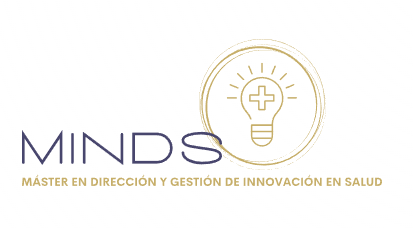


The Cardiovascular Research group led by Dr. De La Torre has obtained funding from the Carlos III Health Institute in the last call of the recently resolved National Plan.

Coronary heart disease and its consequences are leaders in morbidity and mortality and resource consumption in developed countries like ours. Population aging and longer life expectancy contribute even more to this. The epidemiological impact of these pathologies is growing dramatically in less developed countries.
Patients with coronary heart disease survive acute episodes more, but despite revascularization and pharmacological interventions, many patients in their subsequent evolution suffer serious adverse events such as death, reinfarction, stroke, new exacerbations, hospitalizations and revascularizations. This means lost years of life, quality of life, medical and social resources.
There are risk indices that allow identifying the most at risk groups, although with certain precision limitations. In spite of this, these indices are little used for assistance after discharge, except for studies and records. With this, patient management does not differ much depending on risk levels. This management is passive, citing patients to consultations every 6 – 12 months, and urgently assisting them when they suffer relapses or events, when they do not die.
Remote ambulatory monitoring of high-risk patients can allow early detection of electrocardiographic abnormalities and thus induce medical actions that positively influence their prognosis.
A single-center, prospective, randomized study with a control group designed to evaluate the effectiveness of monitoring after discharge for 12 months of patients will be initiated. High-risk acute coronary syndrome using two different systems: Biomonitor-2 and Kardia Mobile. After information and consent, they will be randomized to a conventional management group or a monitoring group. In the latter, Bimonitor-2 is implanted to all patients and the feasibility of using Kardia Mobile is evaluated, in which case it is educated in its use and facilitated. This system works through an application for Smartphone. We intend to evaluate whether monitoring with these systems improves the prognosis of these patients.
The need to achieve an improvement in the quality of health, in the state of health and well-being of the population, and on the other hand the urgent need to ensure the sustainability of the health system and social services make it necessary to resort to the use of Tele-medicine technologies, already available but very infra studied in clinical settings, especially in our country.
Management adjusted to individual risks and the focus on prediction-prevention of major adverse events is essential, in order to guarantee the efficiency of medical and socio-sanitary actions.
In addition, and not least, the empowerment of patients to the extent of their possibilities (more than we think), which is talked about a lot but that must be endowed with objective meaning and reality, is key to the sustainability of the health system .
The study is framed in this environment. It is about using the potential of electronic-digital technology to improve the follow-up of the most needy patients. To anticipate the clinical events of consequences that are often irreversible and with serious consequences, involve the patient and families in the processes after discharge, which will also have indirect benefits independent of what is evaluated here.



























